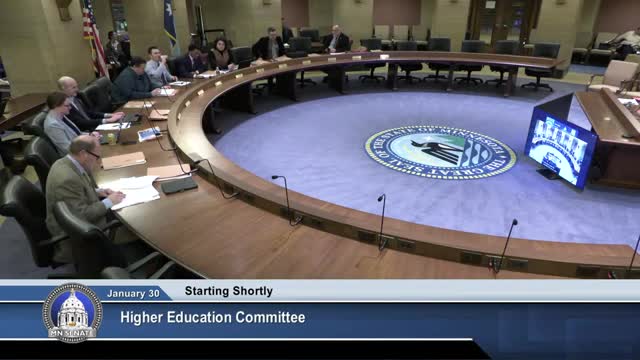Article not found
This article is no longer available. But don't worry—we've gathered other articles that discuss the same topic.
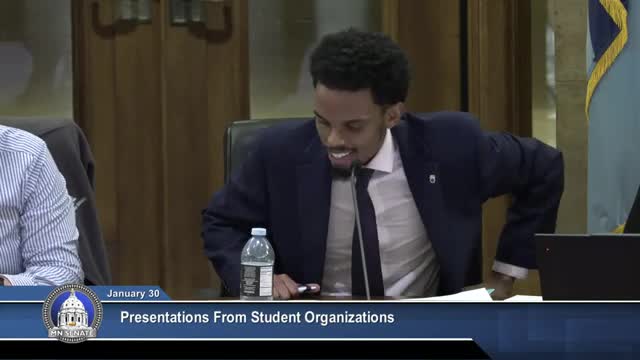
Students United asks legislature to boost hunger supports, naloxone access and FAFSA outreach for Minnesota State universities
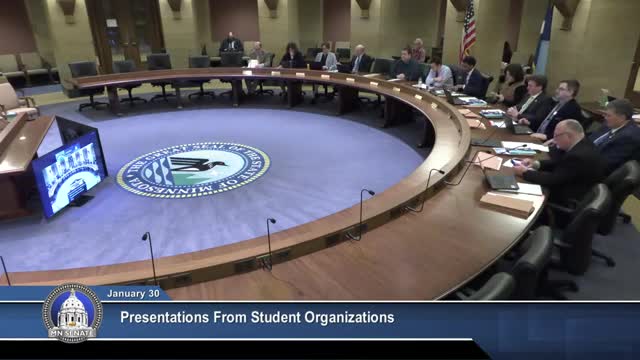
LeadMN urges continued investment in MinnState, emergency grants and hunger supports
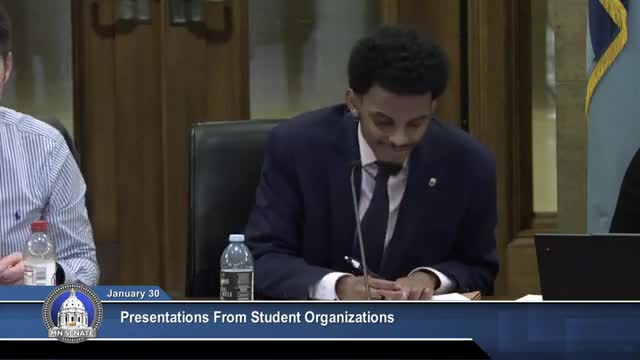
University of Minnesota student government calls for tuition freeze, expanded scholarships and better campus emergency planning
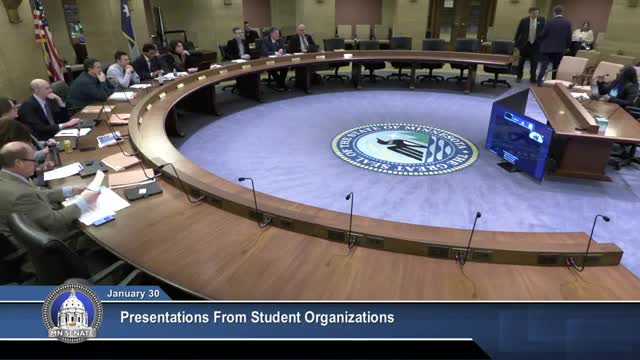
Foster student describes how Foster Independence Grant enabled college enrollment
